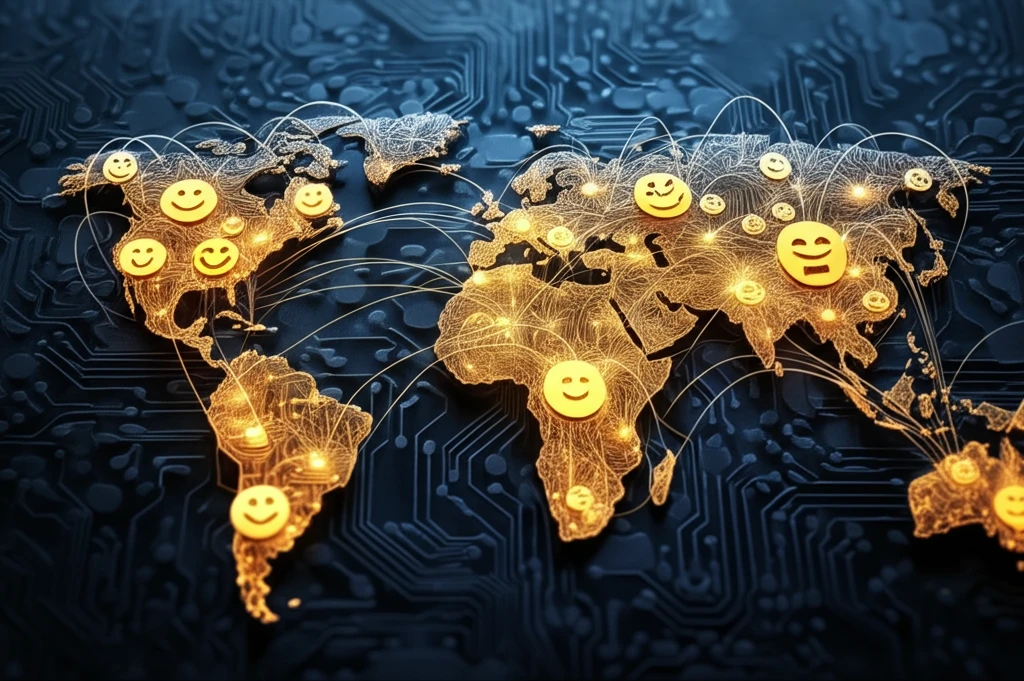
Decoding Global Trauma: How Understanding Emotion Can Reshape International Relations
"Explore how emotions, trauma, and raciality intertwine in global politics, offering new insights for understanding and addressing international conflicts"
In an increasingly interconnected world, international relations are not solely dictated by rational actors and strategic calculations. Emotions, trauma, and historical narratives play a significant role in shaping political landscapes and influencing global events. Understanding these complex dynamics is crucial for fostering more compassionate and effective international policies.
Traditional approaches to international relations often overlook the profound impact of collective trauma and historical injustices. By centering reason and strategy, these models fail to account for the emotional undercurrents that fuel conflict, shape alliances, and drive political behavior. In this article, we'll explore how a deeper understanding of emotions, particularly in the context of global raciality, can lead to more nuanced and effective approaches to international relations.
We will draw on critical insights from scholars like Emma Hutchison and Frantz Fanon, whose work challenges conventional wisdom and emphasizes the importance of emotions in shaping world politics. By examining their perspectives, we can begin to deconstruct dominant narratives and reimagine international relations through a more empathetic and inclusive lens.
The Emotional Undercurrents of Global Politics

Emma Hutchison's work on affective communities highlights how collective emotions, particularly those arising from trauma, can profoundly impact international relations. Her research underscores the need to move beyond purely rational analyses and consider the emotional dimensions that shape political identities, alliances, and conflicts. This perspective challenges the long-standing presumption within international relations that prioritizes a hierarchy that places rationality above emotion.
- Recognizing Emotional Legacies: Acknowledge how past traumas and historical injustices shape current political landscapes.
- Understanding Emotional Communication: Analyze how emotions are expressed and interpreted across different cultures and societies.
- Challenging Traditional Power Dynamics: Deconstruct hierarchies that prioritize rationality over emotion in international relations.
- Fostering Empathy and Inclusion: Promote policies that address the emotional needs of marginalized communities and promote reconciliation.
Moving Forward: Towards a More Empathetic Global Politics
By integrating insights from emotion studies, trauma studies, and critical race theory, we can begin to reimagine international relations in a way that prioritizes empathy, justice, and healing. Addressing the emotional wounds of the past is not simply a matter of historical reckoning but a crucial step towards building a more peaceful and equitable future. As we move forward, it is essential to challenge dominant narratives, deconstruct power dynamics, and foster a deeper understanding of the emotional undercurrents that shape our world.
